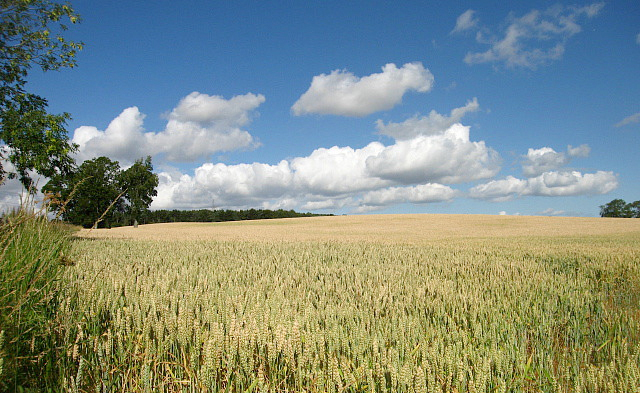
The French Agency for Food, Environmental and Occupational Health & Safety (ANSES) is backing calls for more research into the long-term combined effects of GMOs and pesticides in food.
ANSES is the first official body to suggest that the science behind GM authorisations may not be sufficient to assure food safety.
In September a team from CRIIGEN at the University of Caen published the results of a two-year feeding trial of rats fed GM maize NK603 with and without Roundup, with Roundup alone and with controls on non-GM maize. The study reported several disturbing results, including liver, kidney and pancreas harm, increased mortality and the increased and earlier development to tumours, especially in female rats.
The results sparked a global debate about the safety of GM crops and Roundup, which focusses considerable attention on the validity of the experiments conducted by CRIIGEN.
CRIIGEN‘s research has been vigorously defended by the European Network of Scientists for Social and Environmental Responsibility (ENSSER), which points out that CRIIGEN used the same methods Monsanto used when applying for approval to import NK603 into the EU.
The ANSES review stops short of calling for a suspension of NK603 imports and does not endorse the CRIIGEN findings, but it “draws attention, however, to the originality of this study, namely its focus on a subject rarely investigated to date: the long-term effects of GMOs in association with plant protection products”.
It continues with two critical recommendations: "ANSES emphasises the small number of published studies dealing with the potential long-term effects of the consumption of GMOs in association with pesticides and recommends undertaking research into these issues."
"In addition, the Agency calls for national or European funding to enable large-scale studies and research for consolidating our knowledge of insufficiently documented health risks."
GM Freeze and Greenpeace International reviewed the scientific evidence of the health and environment impacts of glyphosate and recommended an urgent review of its uses and safety.
Earlier this year the EU agreed to a Monsanto request to increase the maximum residue limit (MRL) for glyphosate in lentils and pulses by 100 times (to 10mg/kg) to accommodate the use of the herbicide to desiccate crops just before harvest.
In 2011 elevated limits were also agreed for soya beans, oilseed rape, sunflowers, wheat, barley and oats. Residues of glyphosate were detected in UK foods sampled, including residues in some dry lentil samples breached the MRL.
Commenting on the ANSES findings Pete Riley of GM freeze said: "At last official sources are waking up to the idea that we need better science on GM safety. The CRIIGEN research exposed serious weaknesses in the risk assessment of GMOs and herbicides, including using them together. Most of us are exposed to long-term low-level glyphosate residues, and it is far from clear this kind of chronic exposure is safe for people or farm animals.
"As ANSES quite rightly points out we urgently need more publicly-funded research to investigate this safety question that touches not only on common uses of Roundup on farms, but aslo the GM crops designed specifically to be used with Roundup. It is important for this work to be done by scientists with no commercial links to the products and no conflicts of interest in defending the existing EU safety review that gave these products a clean bill of health.
"GM Freeze maintains the EU should suspend the import of all Roundup Ready GM crops until these safety questions are answered.”
